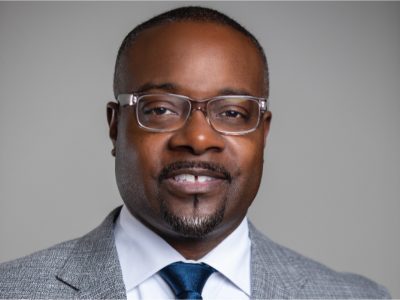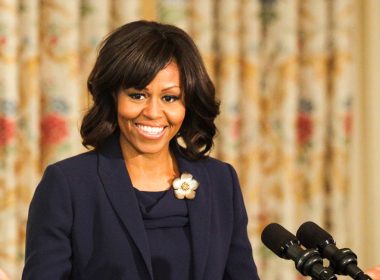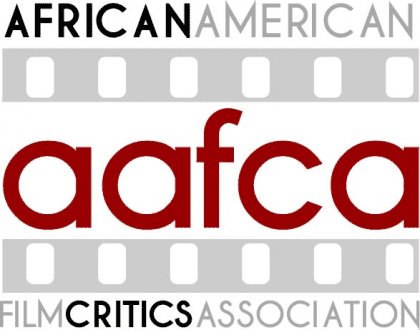
For Kelly Edwards, handing a cash prize to a filmmaker isn’t the way to address diversity in the industry.
“We had to do it differently at HBO,” says Edwards, who’s at the forefront of diversity in TV and film. “My former job was at NBCUniversal where I was in charge of corporate diversity for 20 different networks: PsyFy, USA, Bravo, Oxygen, Telemudo, Fandango, Daily Candy, and Sprout. I had a stint at FOX. Our generation of diversity folks has been pretty good at diversity.”
During her very first trip to Atlanta, Edwards spoke to an intimate group of TV and film enthusiasts and talent at Maandi Media’s digital campus. The invite-only meet and greet was organized by AAFCA and Liquid Soul.
“We are pleased to have her here. We met Kelly when Liquid Soul was an agency of record for Universal,” starts Tirrell Whittley, Liquid Soul’s CEO. “Kelly and some of the others in diversity sat us down to talk about what this opportunity meant to work with NBC.
“There are so few executives of color. It is such a blessing to have Kelly with us. You [Kelly] have been unapologetic in your approach of trying to force opportunity for specifically African Americans to have entrée to an industry that is not always open to opening the doors. Kelly is a truth teller. When Nick [Nelson, COO of Liquid Soul] and I were doing bad, she pulled us to the side and said, ‘Hey guys, this is not good.’ When we did well, she said, ‘This is good; stay on this path.’ So you have to be able to take that level of constructive criticism and know the executives are looking out for the total interest.”

“There has been a history of amazing programming at HBO with people of color either in front or behind the camera in the last eight years or so,” Edwards points out. “There are 20 different execs and they [curate] their own HBO experience so that’s why you see something as crazy as ‘Eastbound & Down’ and as introspective as ‘Looking.'”
“My job is to introduce to HBO people of color who are amazing and awesome so there is an undeniable ‘I [must] work with that person.’ There is a bar and they are very much into pedigree. I need to make sure when I am making an introduction, that we’re always going to knock it out of the park.”
Whitley adds, “She has made a tremendous difference in the lives of creators, in the lives of those who want to infuse themselves in the industry …”
“My job is really is to make sure I work with the film festivals that we’ve given money to. We’ve worked with film festivals and give money for short film competitions,” says Edwards, who’s been dubbed “the tastemaker.”

HBO has expanded the relationships by bringing filmmakers in to discuss how to get them launched.
“It’s not really good enough to just give them money. It’s important to establish those connections. We are having more conversations with our filmmakers who produce short-form content. I build pipeline programs. We launched the director’s program called HBO Access in 2014; and as far as a writer’s program, we’re working on a curriculum for it now. Every other year we will do a director’s program and then a writer’s program and the writers will feed material to the directors.
“I introduce the existing eco-system of talent to HBO. There are some writers who are fantastic. There are executive producers. There are supervising producers. Many of them hadn’t met at HBO before I came. What I did last year and will continue in years to come is Salon Dinners. A couple times during the summer months, the first Wednesdays, I would have 10 writers and directors come in and meet with 10 of our executives at the Daily Grill, which is our commissary. The writers and directors later came in to pitch. One of the things you can’t do in entertainment is wait four months for a meeting and reschedule five times after that. Diversity is not going to be impacted by that,” she closes.


















